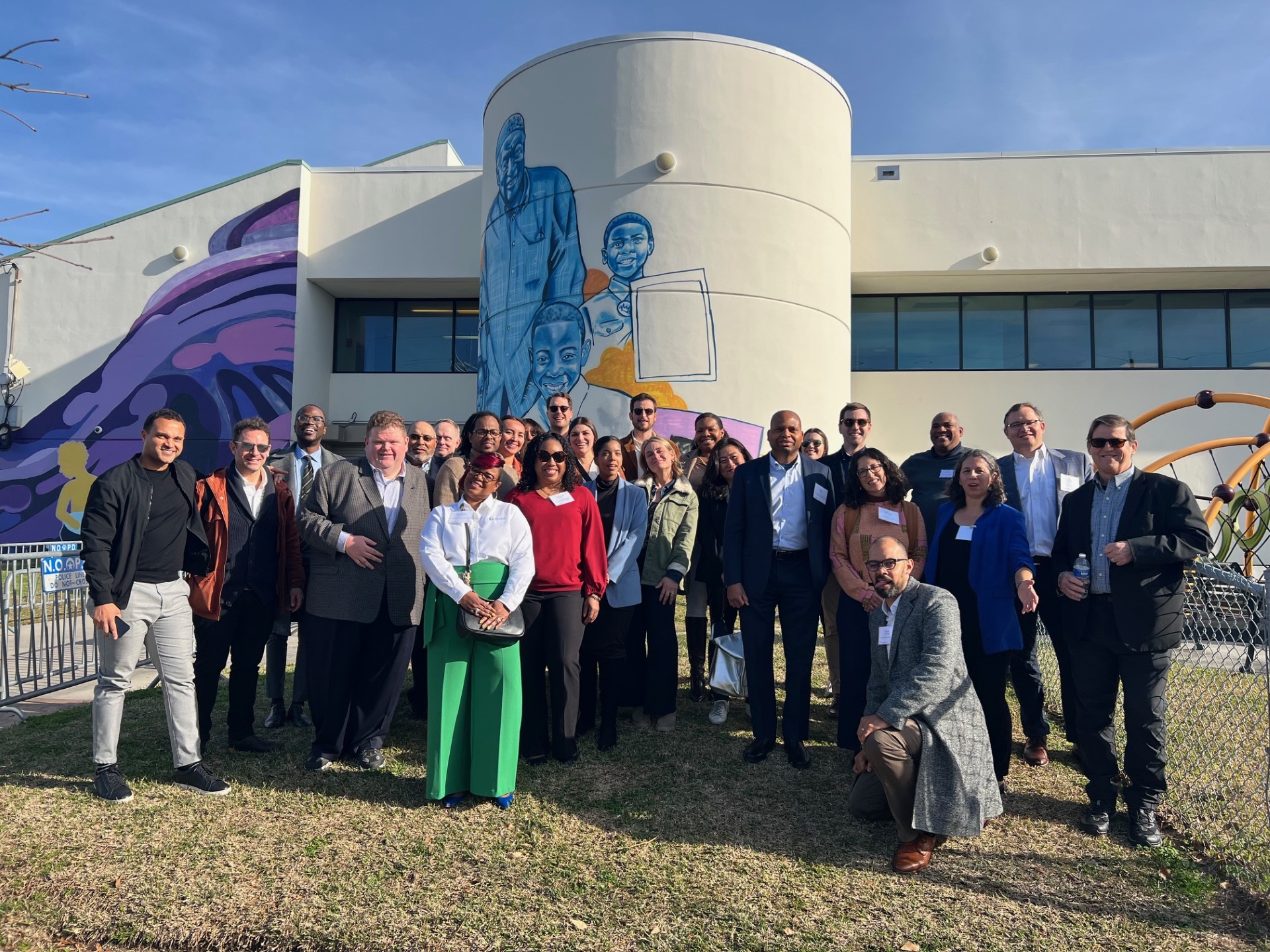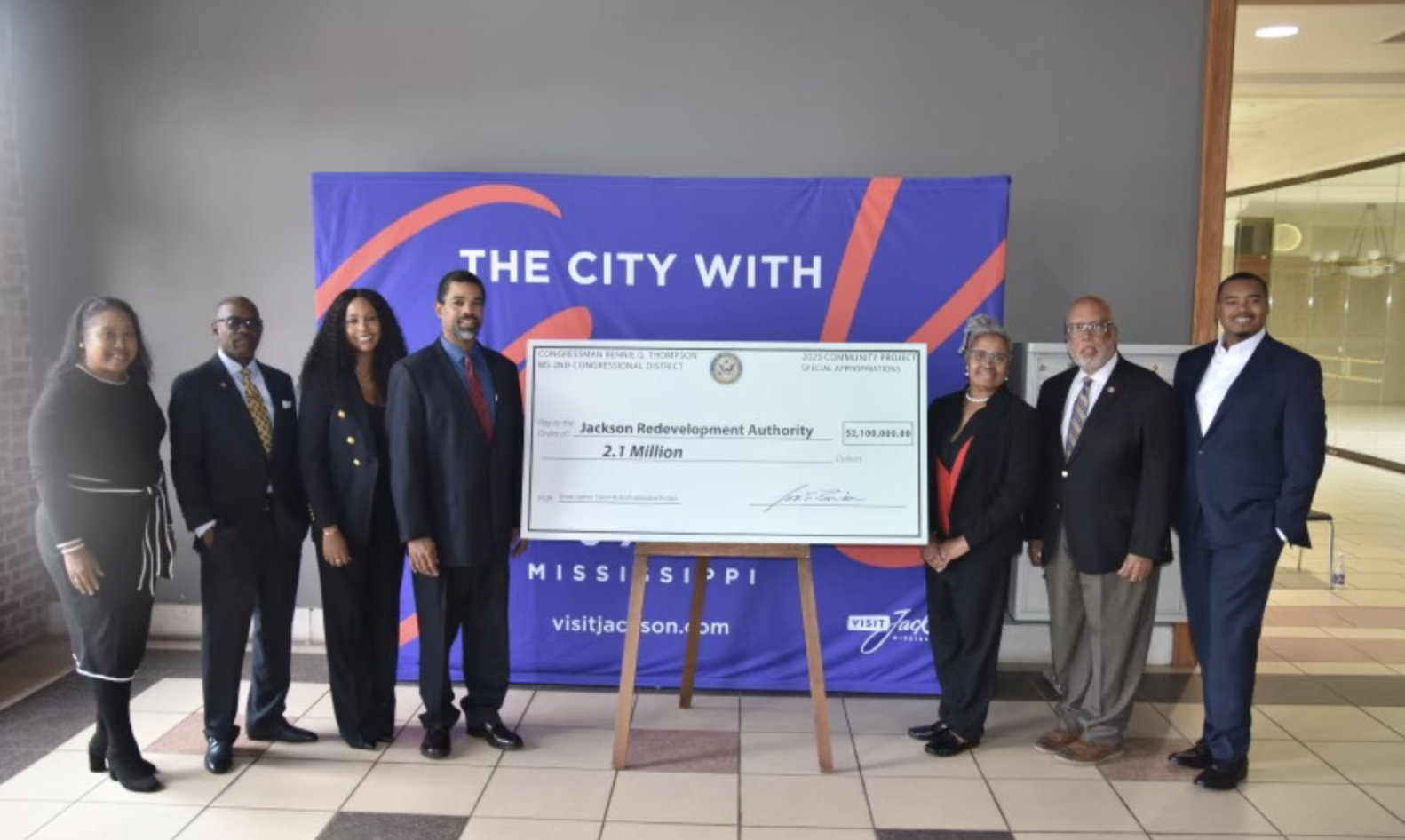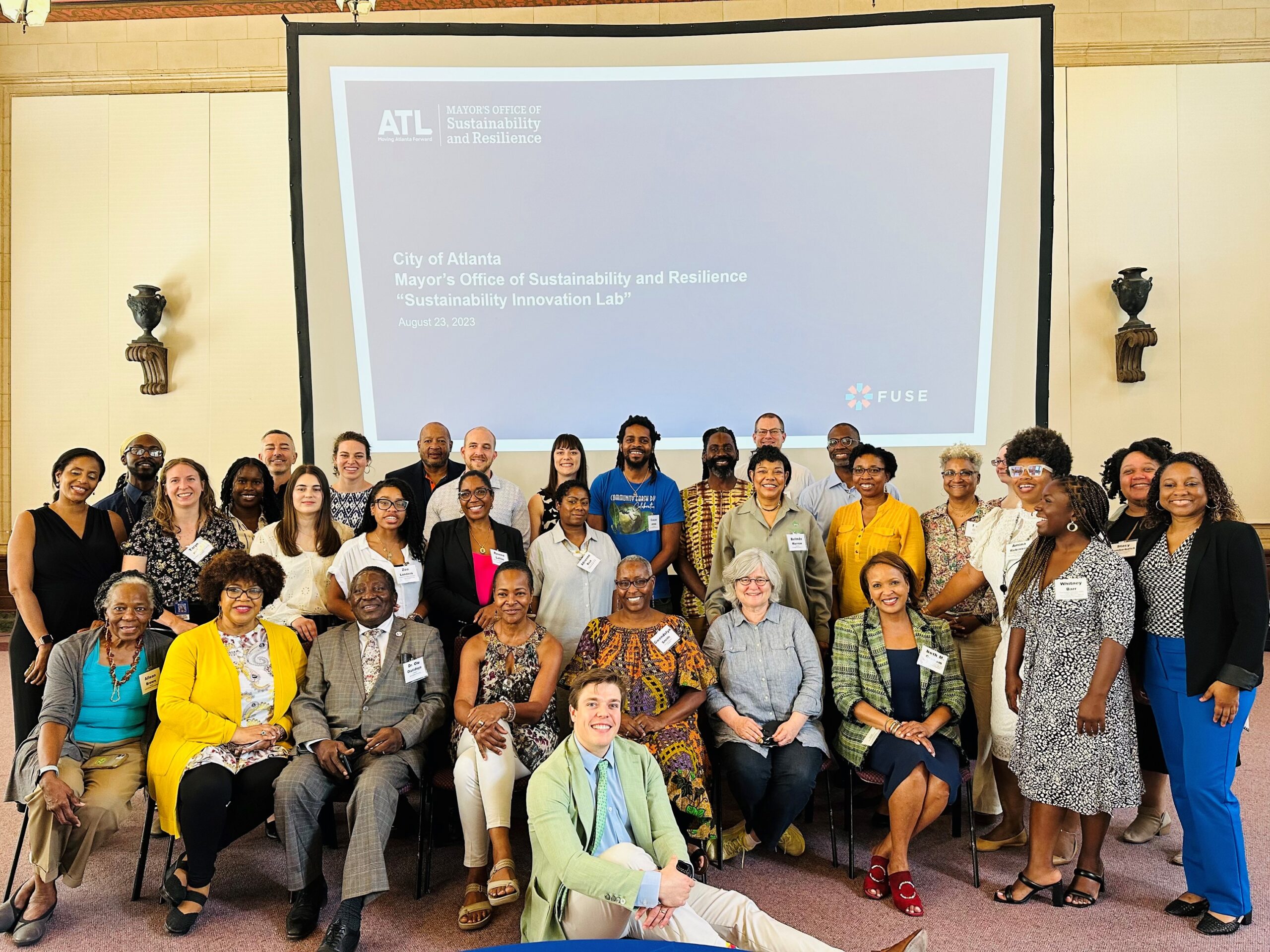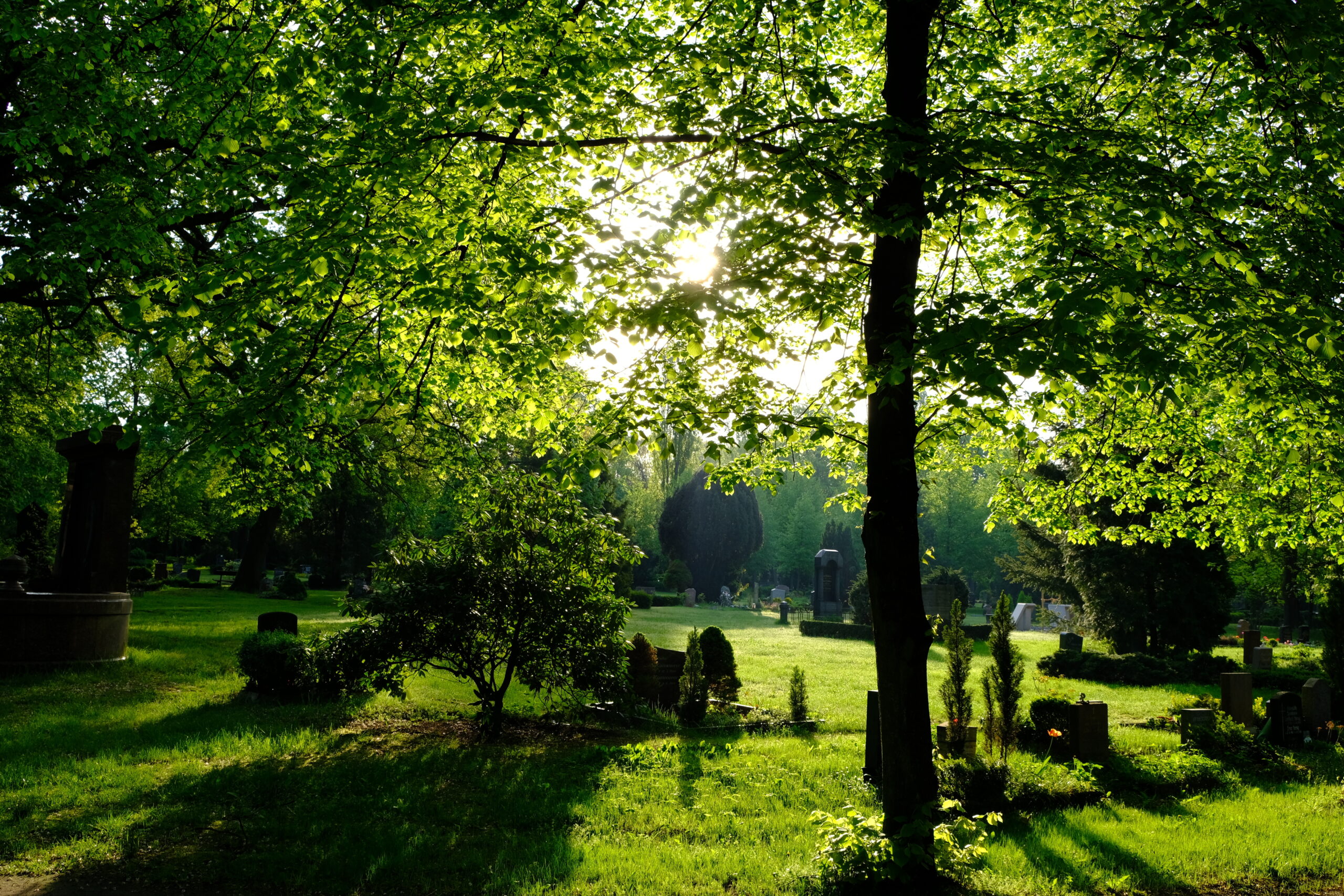As we celebrate Black History Month, it’s crucial to reflect not only on the challenges Black communities have faced but also on the resilience and innovation demonstrated in the face of adversity. In Jackson, Mississippi, a historic district once known as Black Wall Street or the Black Mecca in the 1970s, the Farish Street Historic District stands as a symbol of both the triumphs and struggles of Black entrepreneurship and community development. Today, this district faces two intertwined challenges: economic decline and environmental vulnerability exacerbated by climate change.
Enter FUSE Executive Fellow Yolanda R. Owens, who is partnering with the Jackson Redevelopment Authority (JRA) and other stakeholders to support efforts to breathe new life into the Farish Street Historic District.
The economic and environmental revitalization of this district would stimulate overall economic growth in the Jackson area. It would also pay homage to the legacy of those who built such a thriving community in the face of crippling segregation of the Jim Crow era.
Yolanda R. Owens
The decline of Farish Street traces back to the era of White Flight and decades of neglect, resulting in a loss of businesses and infrastructure. Moreover, the recent water crisis caused by flooding highlighted the urgent need for investment and resilience in the face of environmental challenges. Owens recognizes the interconnected nature of these issues and aims to address them holistically.

Through strategic planning, Owens is synthesizing existing initiatives focused on the neighborhood, identifying common goals, addressing capability and resource gaps, and developing a communications strategy. By securing implementation grants and private investment, she is facilitating the completion of strategic projects essential for revitalization. Additionally, Owens is enhancing the operational capacity of JRA and its partners, ensuring the effective execution of revitalization efforts. “JRA’s operational capacity is critical to the work’s success,” she says.
Owens participated in the Accelerating Community Investment (ACI) Initiative in January, where she discussed potential partnerships for economic development in Jackson. These partnerships are instrumental in leveraging resources and expertise to drive sustainable change in underserved communities.

Moreover, Owens recently supported the marketing team in setting up a press conference where Congressman Bennie Thompson presented JRA with a $2.1 million check for the renovations of Jackson Union Station. This investment signifies a tangible step towards revitalization and underscores the importance of community-led initiatives and public-private partnerships in driving economic development.
“Coupled with the significant investment in Union Station, the City’s multimodal transportation hub, the district has the potential to become a major economic driver for Mississippi,” Owens adds.
As Owens continues her journey to revitalize Farish Street, she embodies the spirit of resilience and determination ingrained in Black history. Her efforts testify to the power of community-driven initiatives and collaboration in overcoming challenges and building a brighter future.
By the end of the FUSE Fellowship, she aims to present to the City a comprehensive strategic plan that will serve as the guidebook for JRA’s redevelopment efforts. “It is an honor to be a part of such important and impactful work in my home state,” she says.
Through the support of the federal government, private stakeholders, and FUSE, Jackson is on its way to reviving a community once thriving with opportunity and promise. Through projects like Owens’, we honor the legacy of resilience and innovation that defines Black history and strive towards a future where every community has the opportunity to flourish.




